A New Standard of Sustainability
Sustainably and efficiently supplying in-demand products and services at low cost, with the smallest carbon footprint of any competing products is the new frontier in smart growth and investment.
That’s where Green Horizon Opportunity Fund comes in. We utilize a multi-asset and cross-platform approach to diversify holdings and deliver positive impact to Opportunity Zones.
Disclaimer
The Green Horizon Opportunity Fund site and its content do not constitute a solicitation for the purchase or sale of any securities or investments. Users agree to conduct their own due diligence prior to making or advising on any investment decision, and nothing herein should be viewed as complete or a sufficient basis for any such decision. Green Horizon Opportunity Fund, LLC is not a registered broker-dealer, funding portal, or investment adviser. The information on this website does not constitute investment advice and should not be relied upon as such. Green Horizon Opportunity Fund, LLC does not advise any party on raising capital through debt or equity securities offerings. The information on this site is for discussion purposes only and is not an offer or solicitation to purchase or sell any securities or financial products. None of the information on this site takes into account any person’s personal objectives, financial situation, or needs and you must determine whether the information is appropriate in terms of your particular circumstances. We recommend you obtain financial, legal and taxation advice before making any financial investment decision.
You expressly understand and agree that your use of the Green Horizon Opportunity Fund, LLC site and all information, products and other content (including that of third parties) included in or accessible through the Green Horizon Opportunity Fund, LLC site is at your sole risk. The Green Horizon Opportunity Fund, LLC site is provided on an “as is” and “as available” basis.
© Copyright 2021. Green Horizon Fund, LLC. All Rights Reserved.




